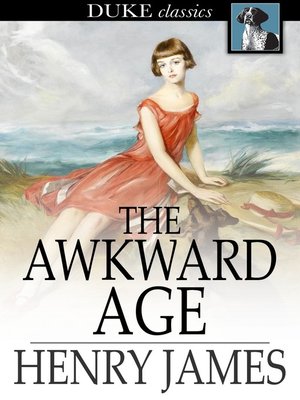
Nanda’s knowledge, set off against Aggie’s ignorance, is the result of the particular kind of education which James illustrates in The Awkward Age.ĢIn the works we have examined so far James had contrasted French manners and taste with the more provincial Anglo-Saxon way of life, French superficiality and sensitiveness to the sensuous surface of the world with Anglo-Saxon heaviness and restrictive moral sense. Behind this layer of varnish the people of Buckingham Crescent are as vulgar as Maisie’s parents and step-parents. Beneath their apparently serious preoccupation with the things of the mind and the ardour with which they seem to deal with human problems, there is nothing but the barest and most sterile reality. Nanda realizes that her mother’s “temple of analysis” is after all nothing but a world of cards, mere smoke, mere talk. Beale’s real nature was revealed to her in the final scene of the novel, i.e., the reality that lies beyond the appearances of Buckingham Crescent. What she knows is something of which Maisie had only a brief glimpse when Mrs. But whereas Maisie was still “on the way to know Everything,” Nanda Brookenham, who might very well be an older Maisie, has reached complete knowledge and what she knows helps us to understand what Maisie did not.


1ġThough still a child, little Maisie already possessed the main characteristics of James’s modern girls: she had their free mind, their curiosity, their imagination, and their dangerous tendency to distort reality by trying to fit other people’s lives into preconceived patterns.


The modern girl, the product of our hard London facts and of her inevitable consciousness of them just as they are-she, wonderful being, is, I fully recognise, my real affair, and I’m not ashamed to say that when I like the individual I’m not afraid of the type.


 0 kommentar(er)
0 kommentar(er)
